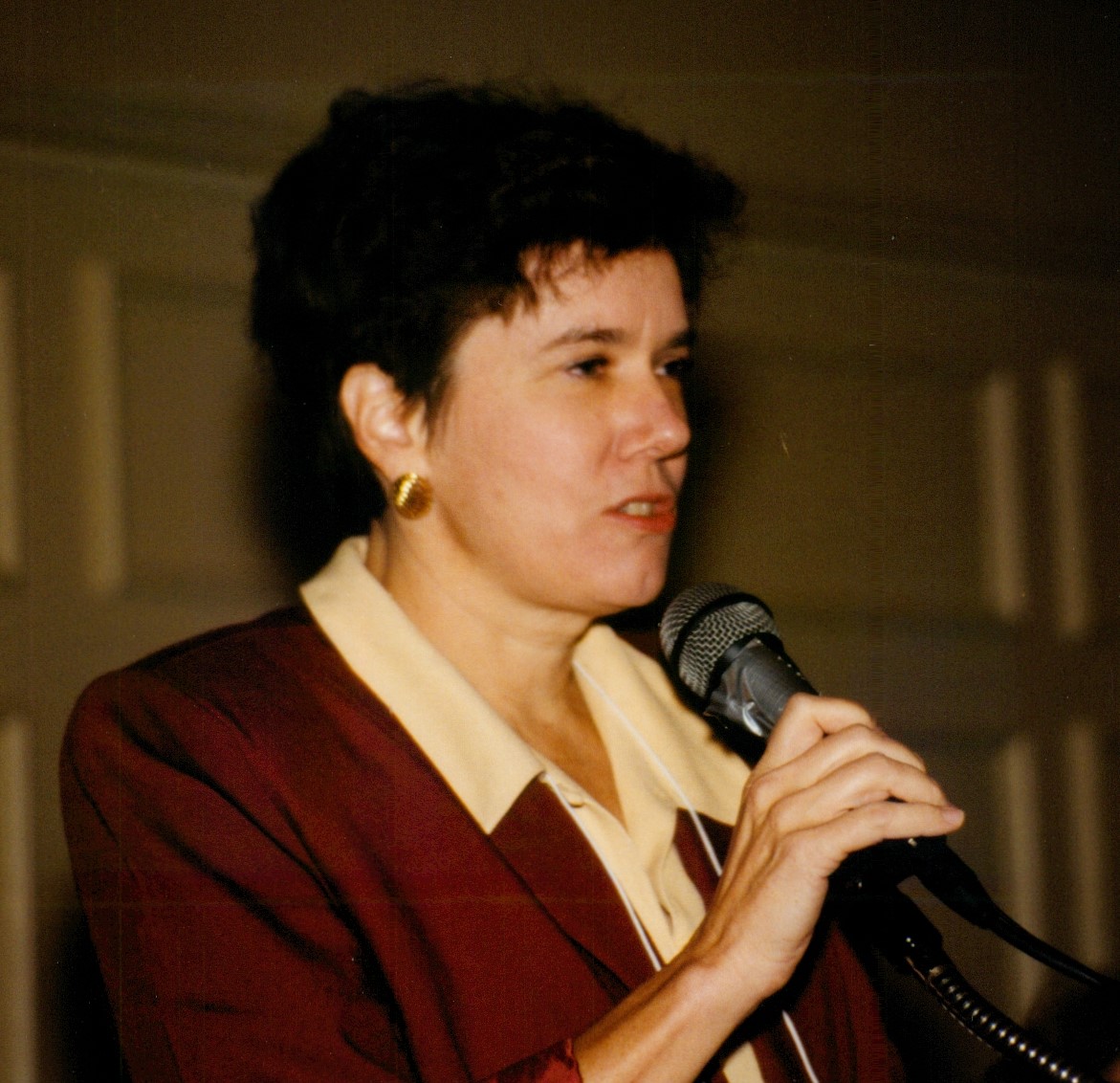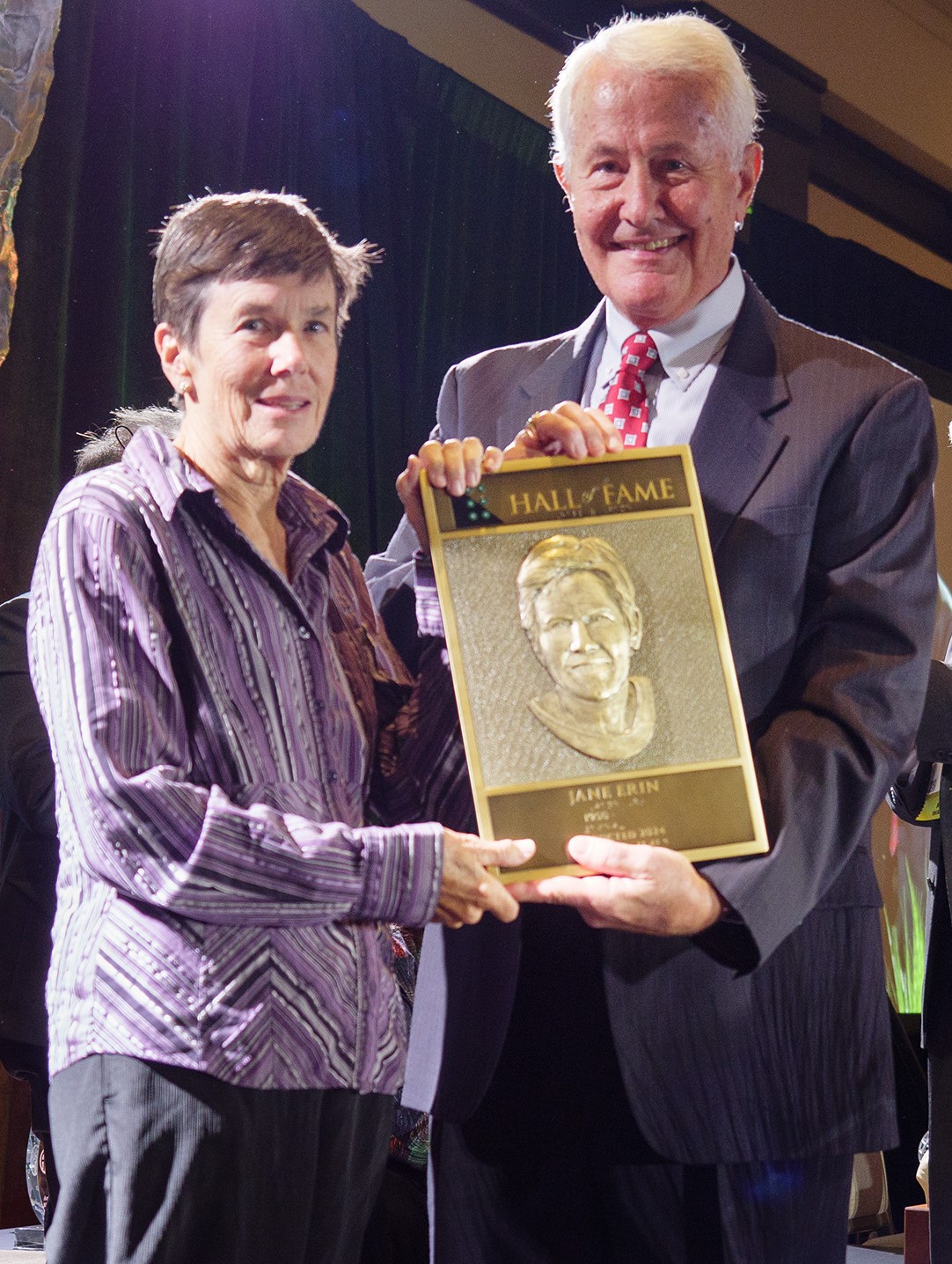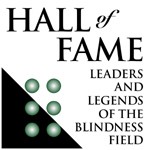Jane Erin
 In 1971, after earning her bachelor’s degree in secondary education from Edinboro State College, Jane Erin realized she wanted to be a teacher of students with visual impairments. She enrolled at the University of Pittsburgh, where she earned her master’s and doctoral degrees in 1973 and 1984, respectively. While pursuing these degrees, she worked at Western Pennsylvania School for Blind Children.
In 1971, after earning her bachelor’s degree in secondary education from Edinboro State College, Jane Erin realized she wanted to be a teacher of students with visual impairments. She enrolled at the University of Pittsburgh, where she earned her master’s and doctoral degrees in 1973 and 1984, respectively. While pursuing these degrees, she worked at Western Pennsylvania School for Blind Children.
Erin joined the faculty at the University of Texas at Austin in 1984, where she worked with Natalie Barraga and Anne Corn. In 1994 she became coordinator of the Specialization in Visual Impairment Program at the University of Arizona in Tucson, where she remained until she retired in 2014. Her ability to bring people together to work collaboratively led to the development of innovative programs to prepare teachers of students with visual impairments and orientation and mobility specialists.
 Throughout her career, Dr. Erin conducted research and published papers on a wide range of subjects. She has covered topics from diversity to low vision, early braille readers to professionals in the field, from learning strategies of high school students to follow-up studies of specialized school graduates. She was selected by the director of AFB Press, American Foundation for the Blind (AFB), to serve as the first academic Editor-in-Chief of the Journal of Visual Impairment & Blindness (JVIB)—a role she held from 1998 to 2001. She recently worked with AER to establish The New RE:view (TNR) and serves as Assistant Executive Editor. In 1996 Dr. Erin was selected for the Mary K. Bauman Award for Education of Visually Impaired Students from AER. Other awards include the Margaret Bluhm Worker of the Year Award and the Corinne Kirchner Research Award.
Throughout her career, Dr. Erin conducted research and published papers on a wide range of subjects. She has covered topics from diversity to low vision, early braille readers to professionals in the field, from learning strategies of high school students to follow-up studies of specialized school graduates. She was selected by the director of AFB Press, American Foundation for the Blind (AFB), to serve as the first academic Editor-in-Chief of the Journal of Visual Impairment & Blindness (JVIB)—a role she held from 1998 to 2001. She recently worked with AER to establish The New RE:view (TNR) and serves as Assistant Executive Editor. In 1996 Dr. Erin was selected for the Mary K. Bauman Award for Education of Visually Impaired Students from AER. Other awards include the Margaret Bluhm Worker of the Year Award and the Corinne Kirchner Research Award.

Dr. Erin has served the field for 50 years. Her scholarship, leadership, mentorship, and knowledge have impacted countless professionals and the children and adults with visual impairments whom they serve.
